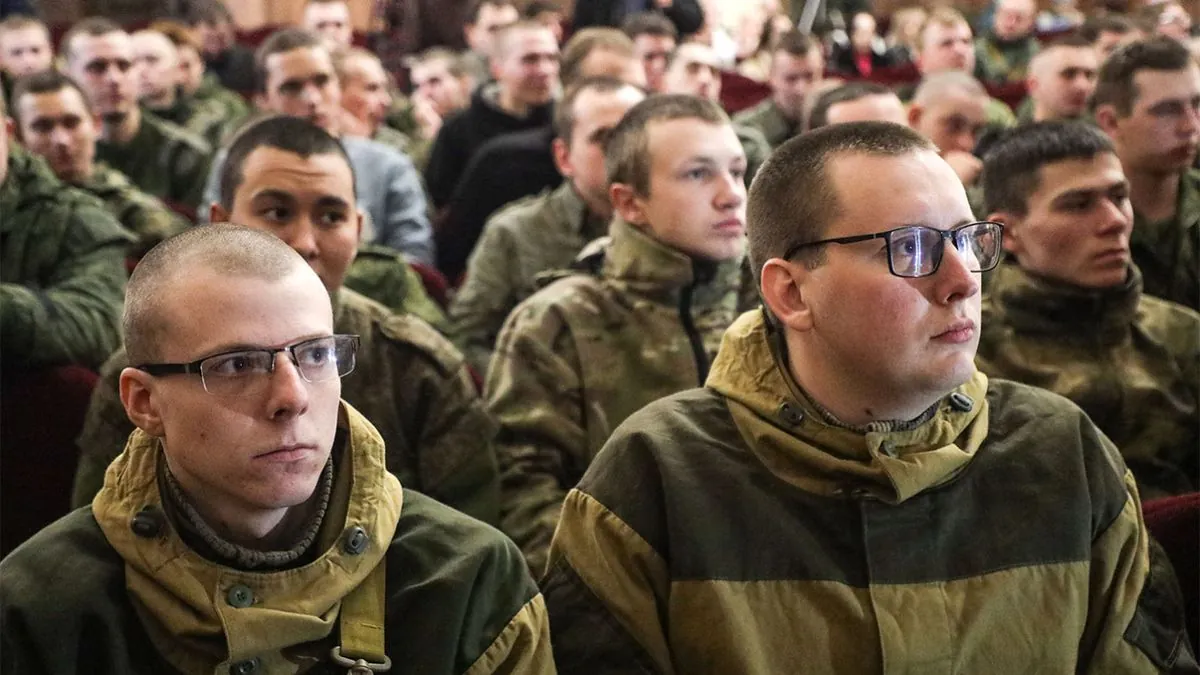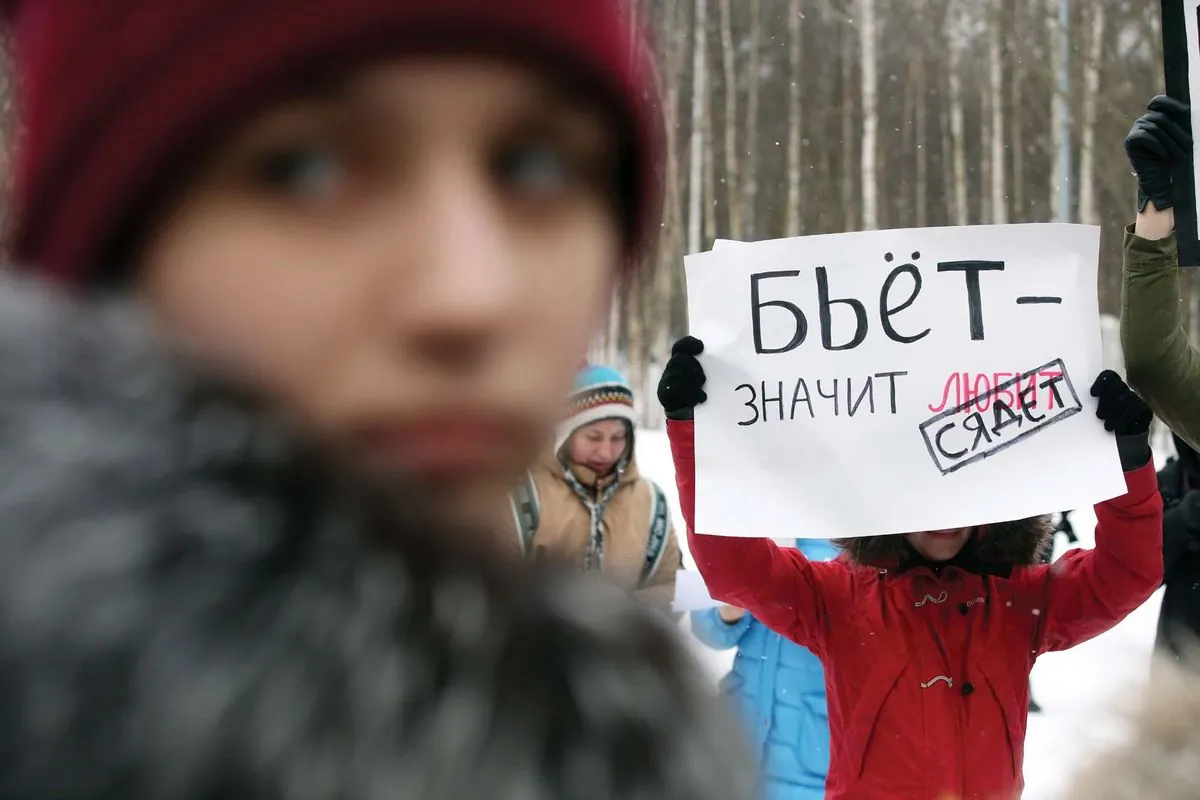UN Expert Warns of Rising Violence in Russia Linked to Returning Fighters
A UN-backed human rights expert reports increased violence in Russia due to former prisoners who fought in Ukraine returning home. The phenomenon is linked to pardons and shortened sentences for convicts joining the military.

A United Nations-backed human rights expert has raised alarm over a concerning trend in Russia. Mariana Katzarova, tasked with monitoring human rights in the country, reports a surge in violent crimes committed by former prisoners who fought in Ukraine and subsequently returned home.
This troubling development emerged following Russia's decision to offer pardons and reduced sentences to inmates willing to join the military efforts in Ukraine. The practice, which began informally in 2022, was officially codified into Russian law in March 2024, just six months ago.
Katzarova estimates that approximately 170,000 convicted violent offenders have been recruited to fight in Ukraine since the conflict began. Upon their return, many of these individuals have been implicated in new violent crimes, particularly against women, girls, and children.
"Many of them who return -- and this is an emerging trend -- have been perpetrating new violent crimes to begin with against women, against girls, against children, including sexual violence and killings."
This situation has exacerbated the already high levels of domestic violence in Russia. Katzarova points out that thousands of women in the country die each year due to domestic abuse, a problem compounded by the lack of specific legislation criminalizing such violence.

The ongoing conflict in Ukraine, now in its third year, has prompted the Russian government to employ various strategies to maintain troop levels. In 2022, authorities conducted a partial mobilization, calling up around 300,000 men. Additionally, there were reports of recruitment efforts in prisons across the country, initially led by the Wagner Group and later taken over by the Russian Defense Ministry.
It's worth noting that Russia's approach to addressing its military personnel needs has historical precedents. The concept of pardoning criminals in exchange for military service has been employed by various countries throughout history. However, the scale and impact of Russia's current practice are particularly significant.
The situation highlights the complex interplay between Russia's military needs, its criminal justice system, and the safety of its civilian population. Despite the Russian Constitution guaranteeing equal rights for men and women, the implementation of these protections remains challenging, especially in the context of domestic violence.
The use of convicted criminals in military operations also raises questions about compliance with international law, which prohibits the use of mercenaries in armed conflicts. Furthermore, Russia's demographic challenges have likely influenced its decision to pursue such controversial recruitment methods.
As the conflict in Ukraine continues, the international community, including the United Nations, has repeatedly called for an end to hostilities and emphasized the importance of protecting civilians. The situation in Russia, as described by Katzarova, underscores the far-reaching consequences of the ongoing conflict, extending beyond the immediate war zone and affecting the safety and well-being of civilians within Russia itself.
The absence of specific laws addressing domestic and gender-based violence in Russia further complicates the situation. This legislative gap, combined with the influx of potentially violent individuals returning from the conflict, presents a significant challenge for Russian society and its criminal justice system.
As the international community continues to monitor the situation, the need for comprehensive strategies to address both the root causes and consequences of this emerging trend becomes increasingly apparent. The protection of vulnerable populations, particularly women and children, must be a priority as Russia grapples with the complex aftermath of its military actions in Ukraine.


































